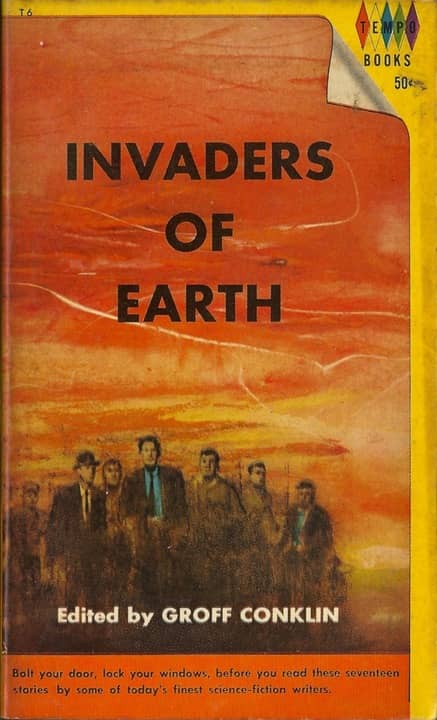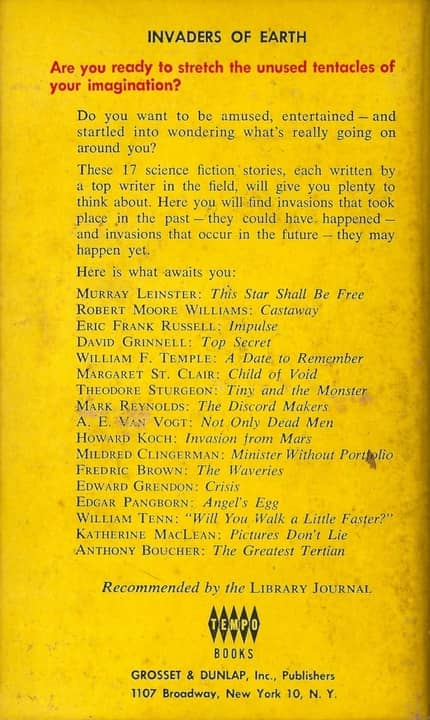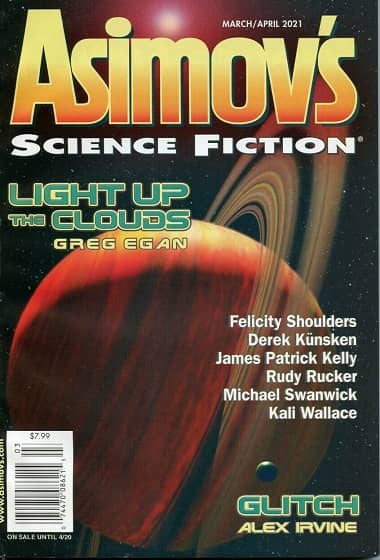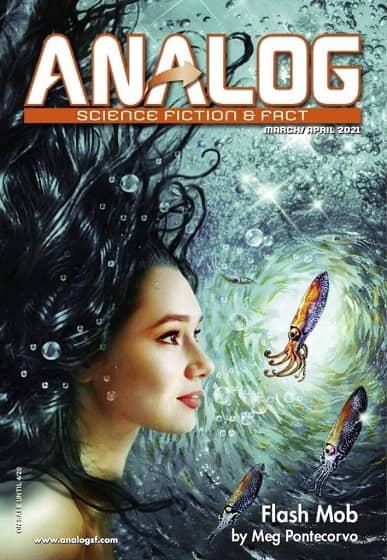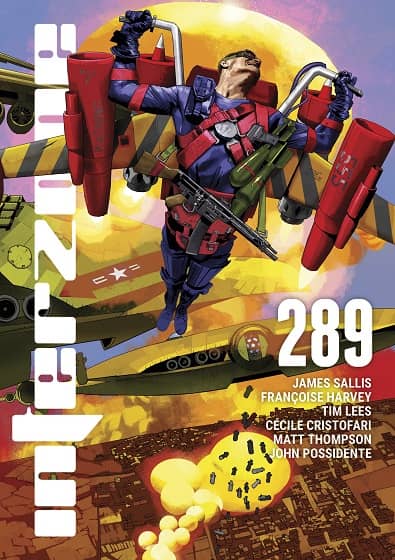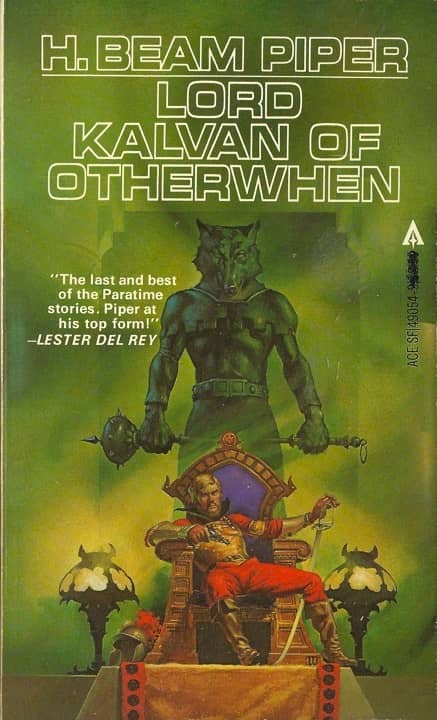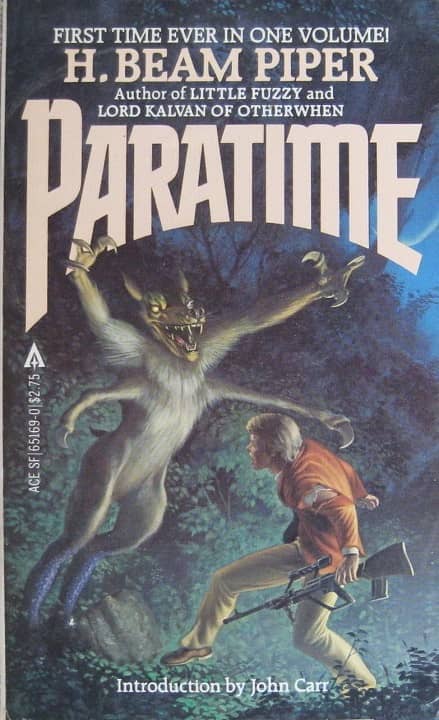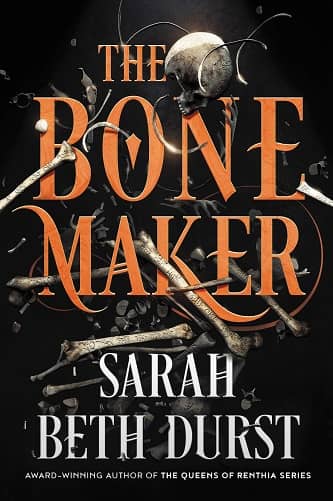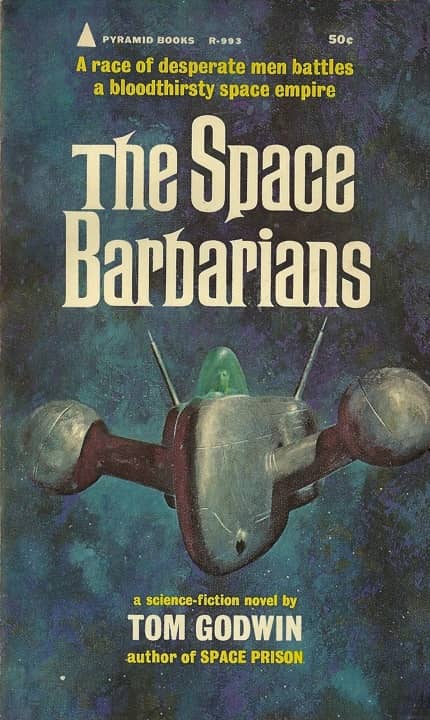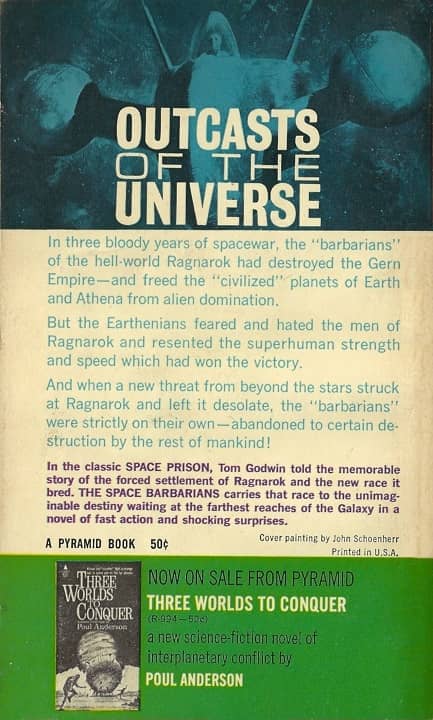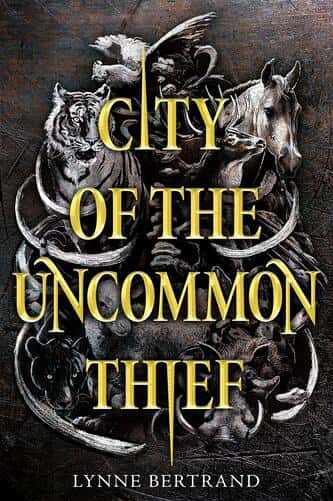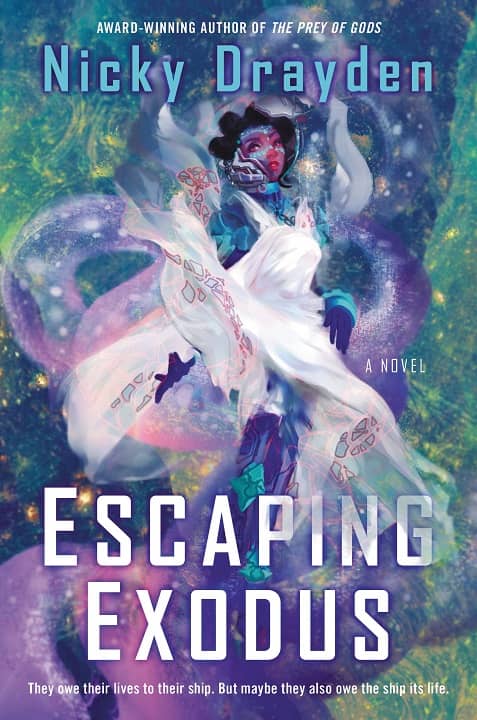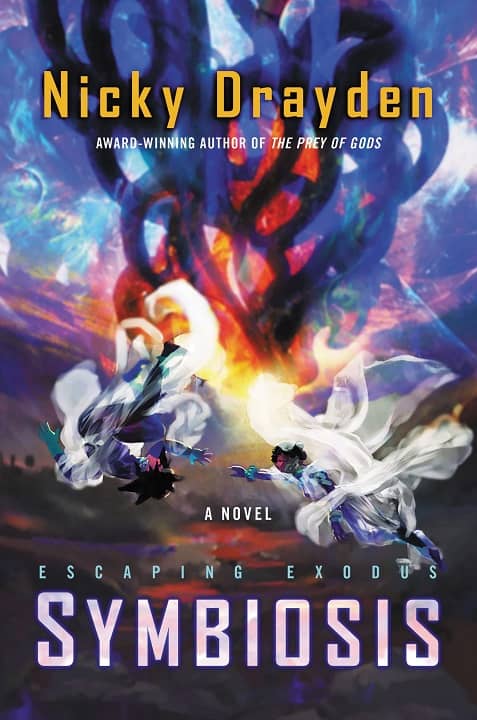New Treasures: 2034: A Novel of the Next World War by Elliot Ackerman and Admiral James Stavridis
 I’m hearing a lot of buzz about this book.
I’m hearing a lot of buzz about this book.
I first heard about it in Andrew Liptak’s March newsletter (the “15 science fiction and fantasy books to check out this March” installment), in which he wrote:
I’m a big fan of military fiction, especially stuff that’s close to the horizon when it comes to predicting the future, like P.W. Singer and August Cole’s Ghost Fleet. This new novel comes from Elliot Ackerman and Admiral James Stavridis, and is set nearly a decade from now, chronicling how a world war between the US and China might occur.
I’ve been reading an advance copy of this, and it’s a chilling read, one that looks at the plausible future when it comes to cybersecurity, military hardware, and geopolitics.
Wired devoted an entire issue to an excerpt of the novel, which includes the first six chapters.
Wired in fact calls it “A rippingly good read… even cautionary tales can be exciting, when the future we’re most excited about is the one where they never come true.” Kirkus says it’s “A frightening look at how a major-power showdown might race out of control… This compelling thriller should be required reading for our national leaders.”
2034 is written by two former US military officers, and the publisher describes it as
A chillingly authentic geopolitical thriller that imagines a naval clash between the US and China in the South China Sea in 2034 — and the path from there to a nightmarish global conflagration.
2034: A Novel of the Next World War was published by Penguin on March 9, 2021. It is 320 pages, priced at $27 in hardcover, $14.99 digital, and $24.99 in audio formats.
See all our recent New Treasures here.
